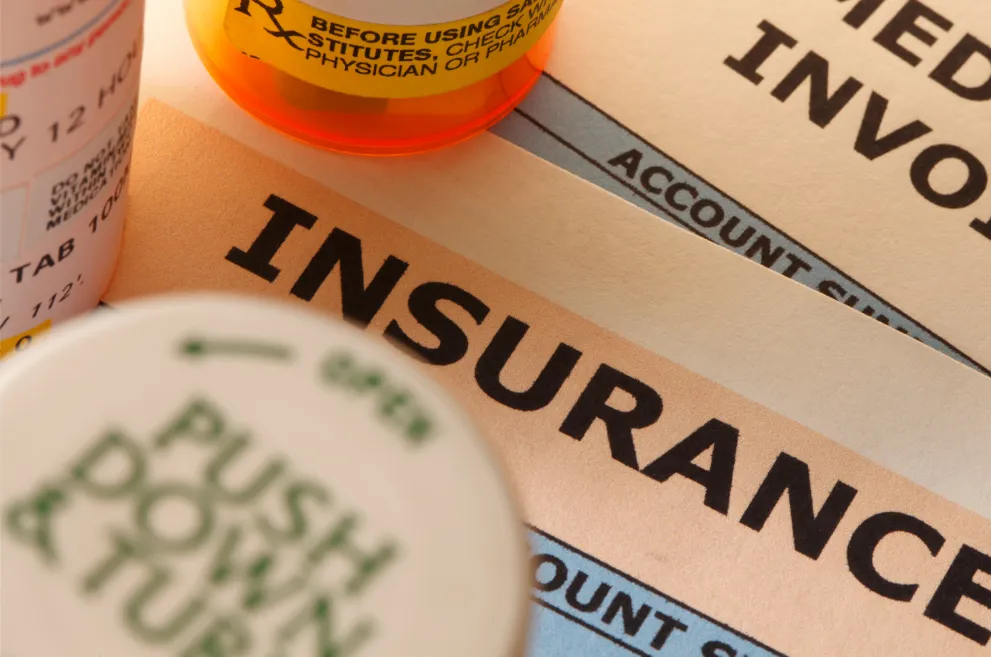Written and medically reviewed by Dorcas Morak, PharmD
If your insurance denies coverage for a medication or requires a pre-authorization, it can be a challenging situation. However, there are steps you can take to resolve the issue and get the medication you need. Here’s what you need to know.What is pre-authorization?
Pre-authorization (sometimes called “pre-auth”) is the procedure used by your health insurance provider to confirm that a particular treatment procedure, medication, or durable medical equipment is essential for you. It is also known as prior authorization, prior approval, or pre-certification. It’s the process by which your health insurance provider determines what will be covered or reimbursed.
5 Steps You Can Take to Get Your Medication
1. Contact Your Insurance Company
The first step is to contact your insurance company to understand why the medication was denied or requires pre-authorization. Ask for a detailed explanation and find out if there are alternative medications that are covered under your plan.
2. Work with Your Healthcare Provider
Your healthcare provider can play a crucial role in resolving the issue. Ask your provider to submit a letter of medical necessity or to contact your insurance company on your behalf. Your provider may also be able to recommend alternative medications or treatment options.
3. File an Appeal
If you believe that the medication should be covered under your plan, you can file an appeal with your insurance company. You may need to provide additional documentation or medical records to support your appeal. Your insurance company will review the appeal and make a decision.
4. Seek Assistance
If you are having difficulty resolving the issue on your own, you can seek assistance from a patient advocacy organization or, in extreme cases, a healthcare attorney. These organizations can provide guidance and support in navigating the appeals process.
5. Apply for a Patient Assistance Program
If all else fails, consider applying for patient assistance programs offered by the pharmaceutical company. These programs can provide financial assistance or free medication to individuals who cannot afford their medication.
6. Consider Prescription Discount Programs
If your insurance company still denies coverage for the medication, you can consider using a prescription discount program like RxLess. Using an RxLess prescription savings card can help reduce the out-of-pocket cost of your medication up to 88%.
Frequently Asked Questions About Pre-Authorizations:
Who is responsible for pre-authorization requests? Most of the time, your healthcare provider will work with the insurance provider to explain why you need a particular course of treatment. If the request is granted, the treatment will be covered. However, if it is not granted and your insurance provider provides no alternative option, you and/or your healthcare provider may need to appeal the decision.
Which categories of medications usually require pre-auth? Your insurance company's formulary plan will determine which medications require previous authorization. Pre-auth is usually required for medications in the following categories:
- Brand-name drugs that have a generic alternative
- Medications approved only for certain conditions
- Medications with serious side effects
- Medications with high abuse or misuse potential
- Medications that are used for cosmetic purposes
- Weight-loss drugs, treatments, or procedures
- Non-preventive drugs
- Medications that are prescribed at a higher dose than normal
What are some examples of medications that may need pre-auth? The specific medications that will need pre-auth will depend on your insurance plan. Some examples of medications that commonly require pre-auth include:
- Alprolix (coagulation factor IX)
- Brineura (cerliponase alfa)
- Cubicin (daptomycin injection)
- Eligard (leuprolide acetate)
- Fasenra (benralizumab)
- Keytruda (pembrolizumab)
- Ocrevus (ocrelizumab)
- Zoladex (goserelin implant)
How long does pre-auth take? Once you or your healthcare provider submit the pre-auth request, the time it takes for the processing depends on the insurance company in question. Some companies may take two to three business days, while others can take ten or more.
What should I do if I need the medication urgently? Most insurance providers let you submit an urgent request if your treatment need is pressing. Insurance companies can evaluate an urgent request and decide in one or two days. Until you receive approval or denial, you might have to pay the entire cost of the treatment or forgo it altogether. Some plans might reimburse you if you purchased the medication out-of-pocket while awaiting prior permission.
Do I need pre-auth for an emergency? No, you don't need pre-auth for emergencies.
What should I do if my pre-auth is denied? If your pre-auth request is denied, you might be required to pay the entire medication cost out of pocket. Paying for the medications out-of-pocket may be a hefty amount for a high-cost brand-name medication. You can file an appeal in this case or use an RxLess discount to save up to 88% on the cost of your prescription.
















